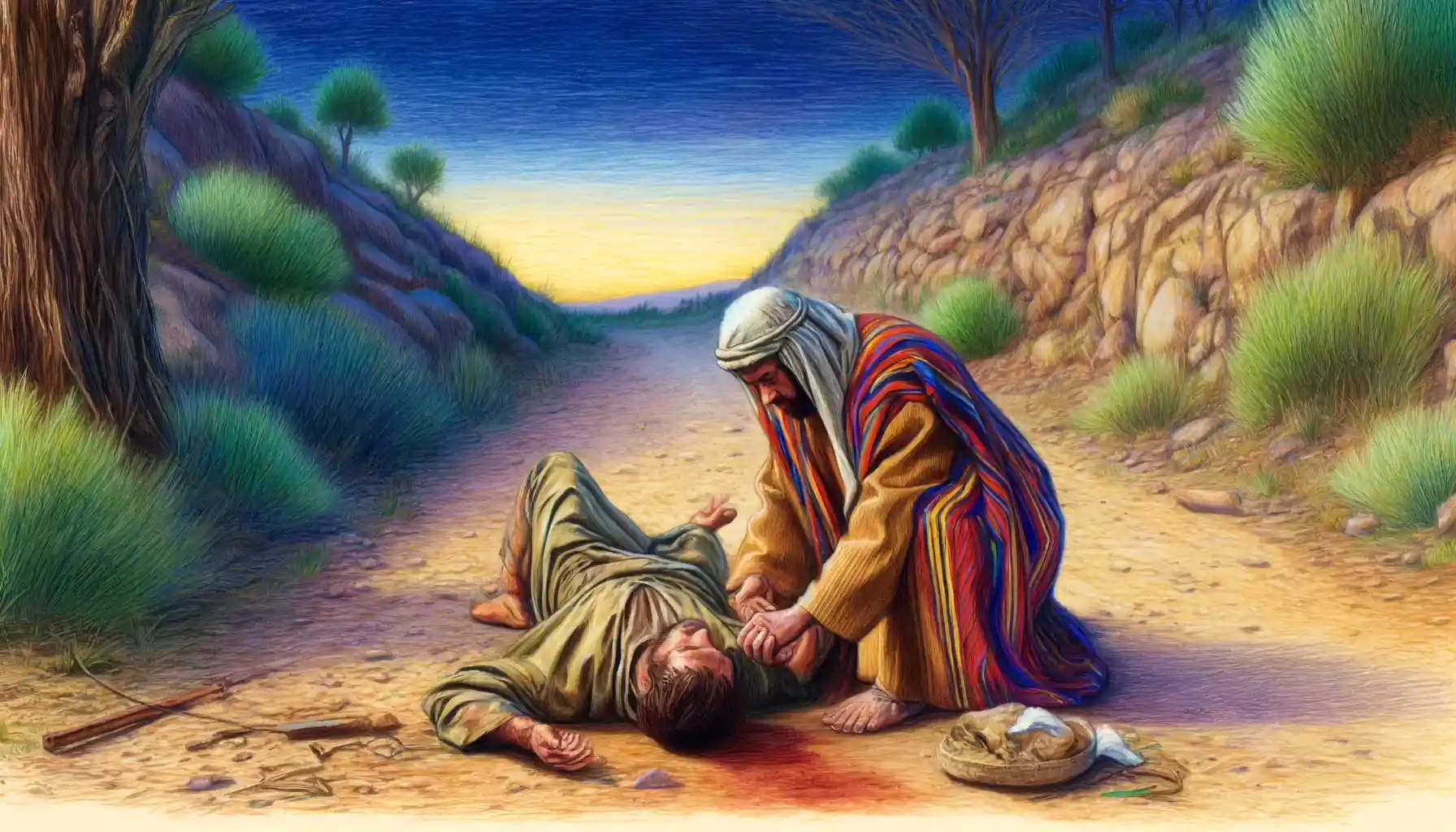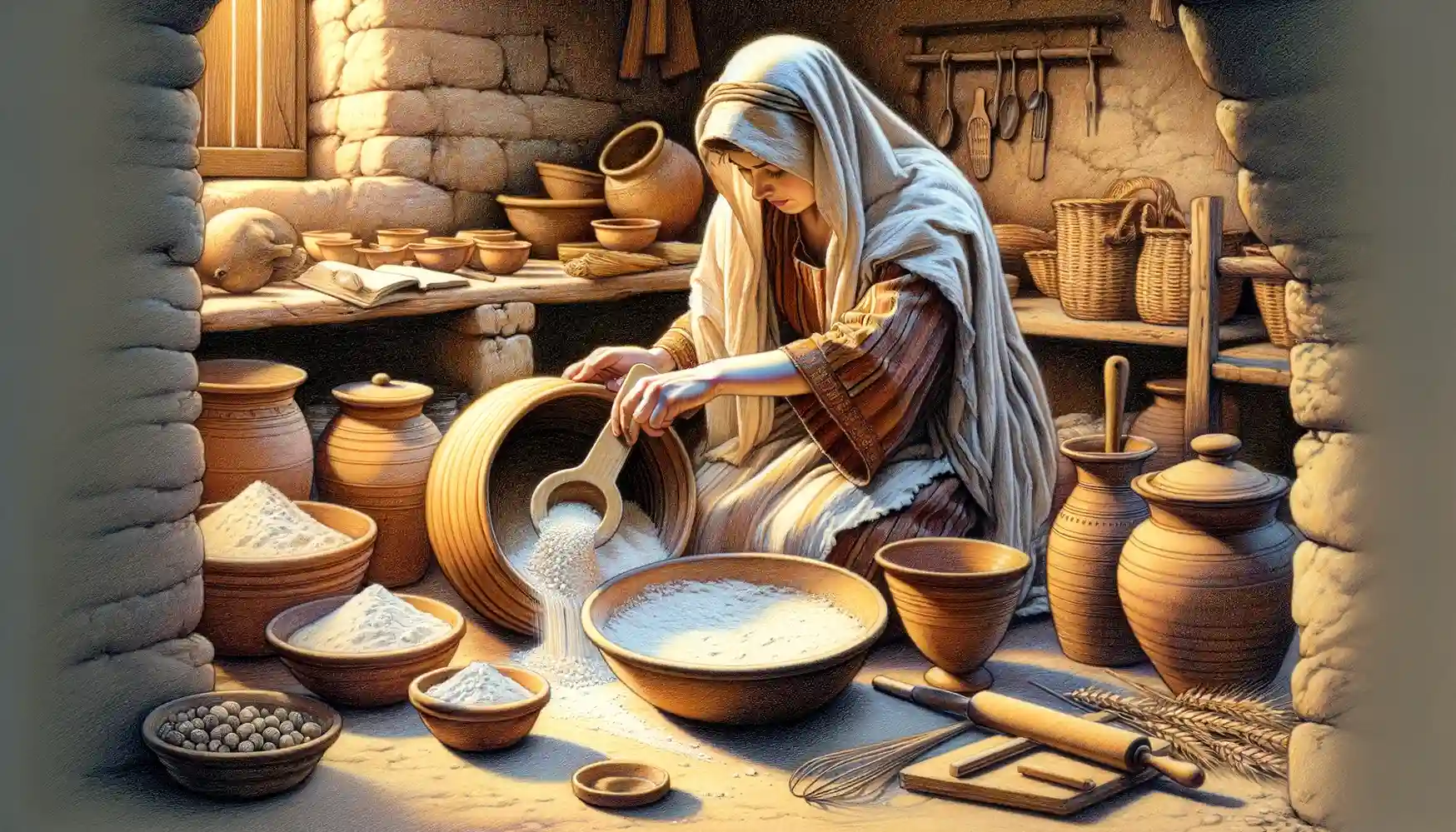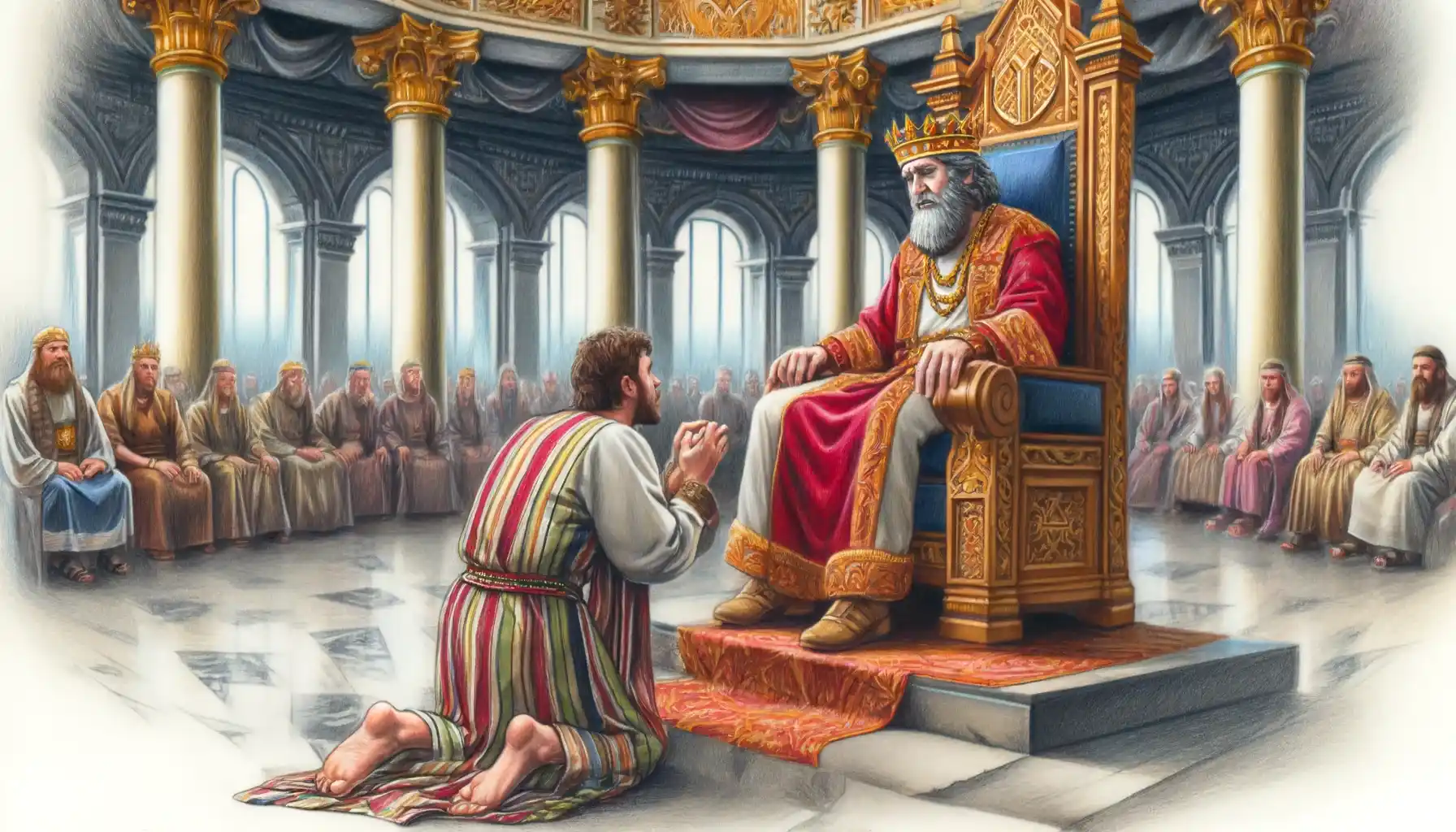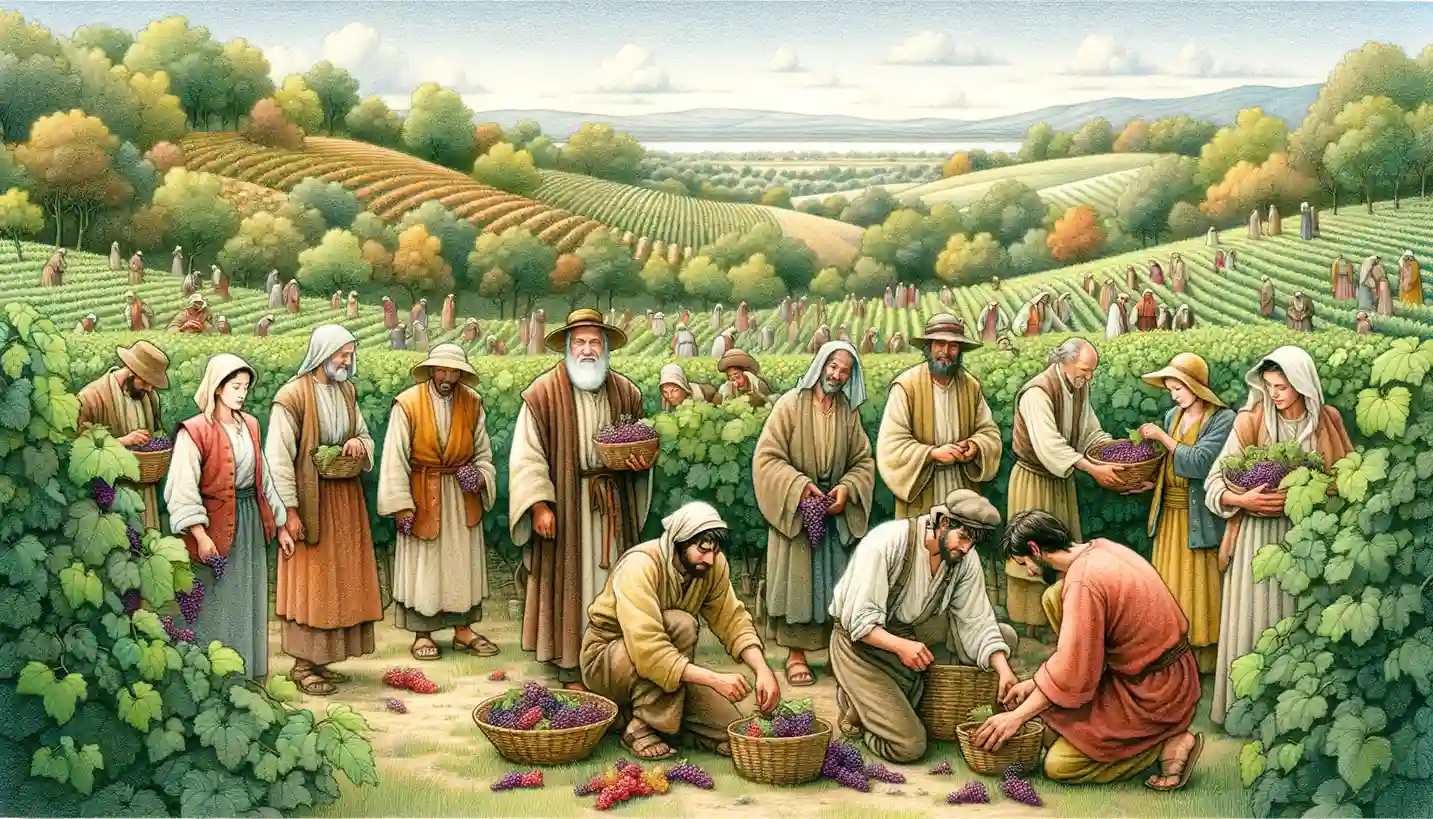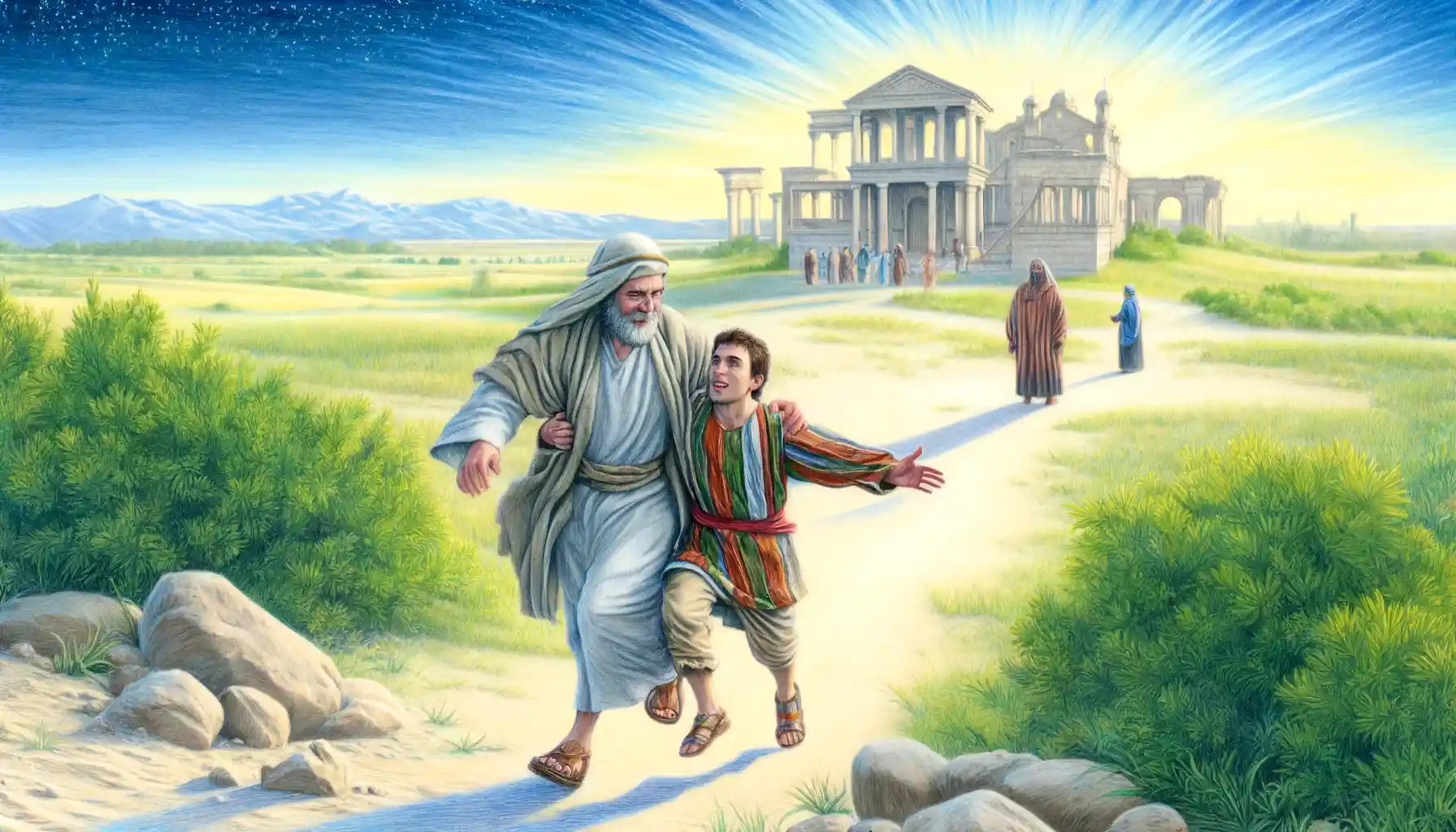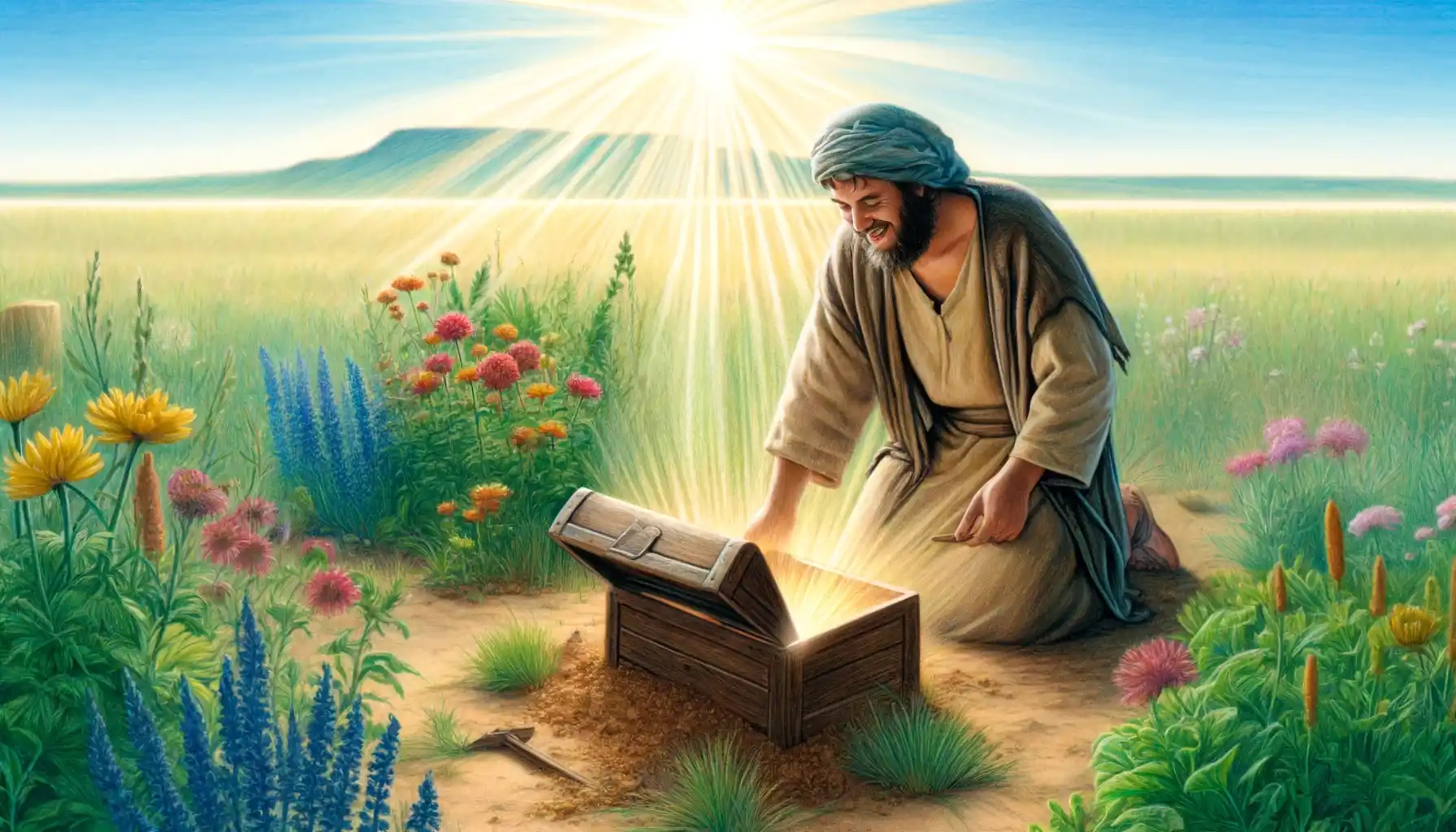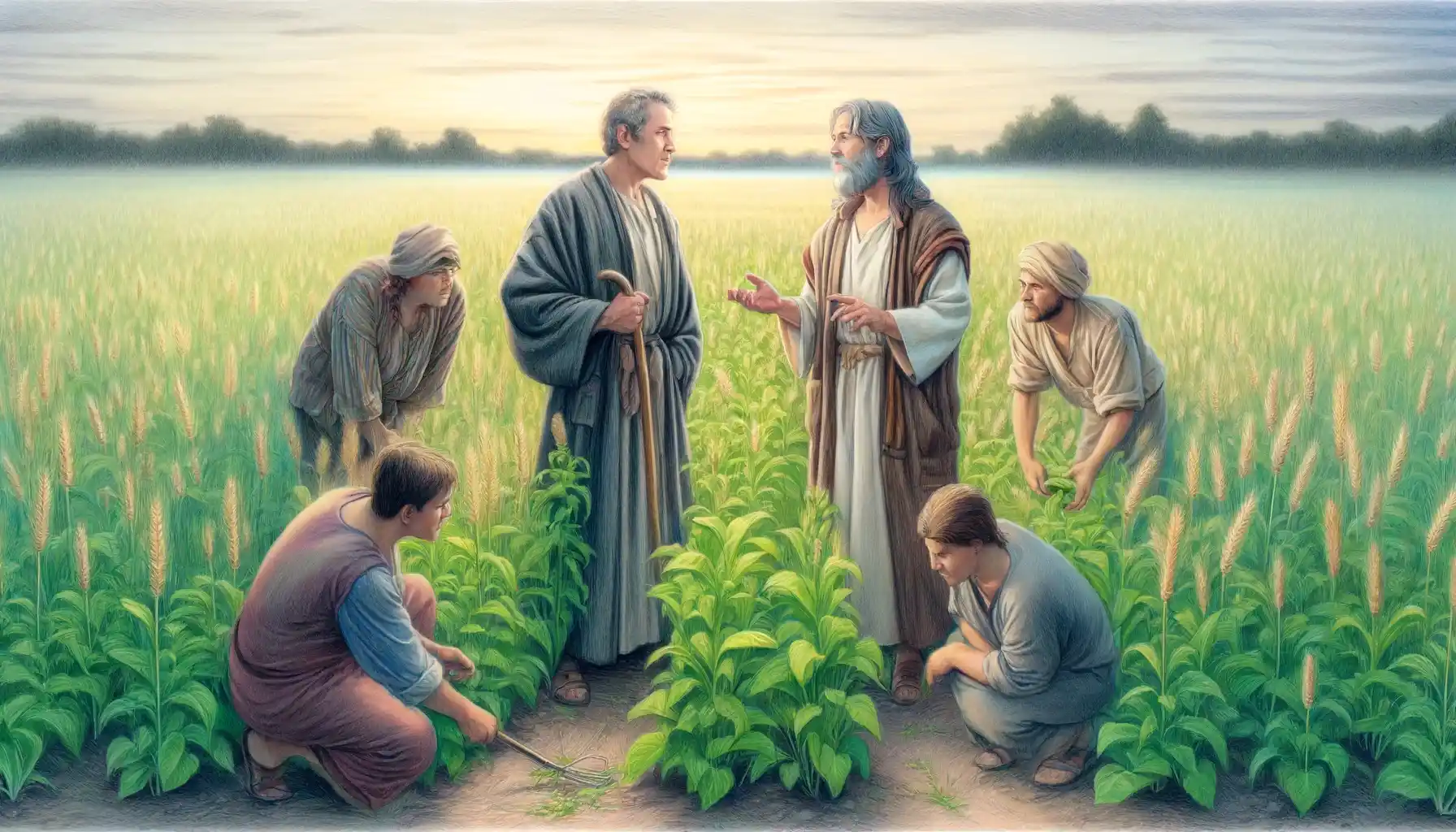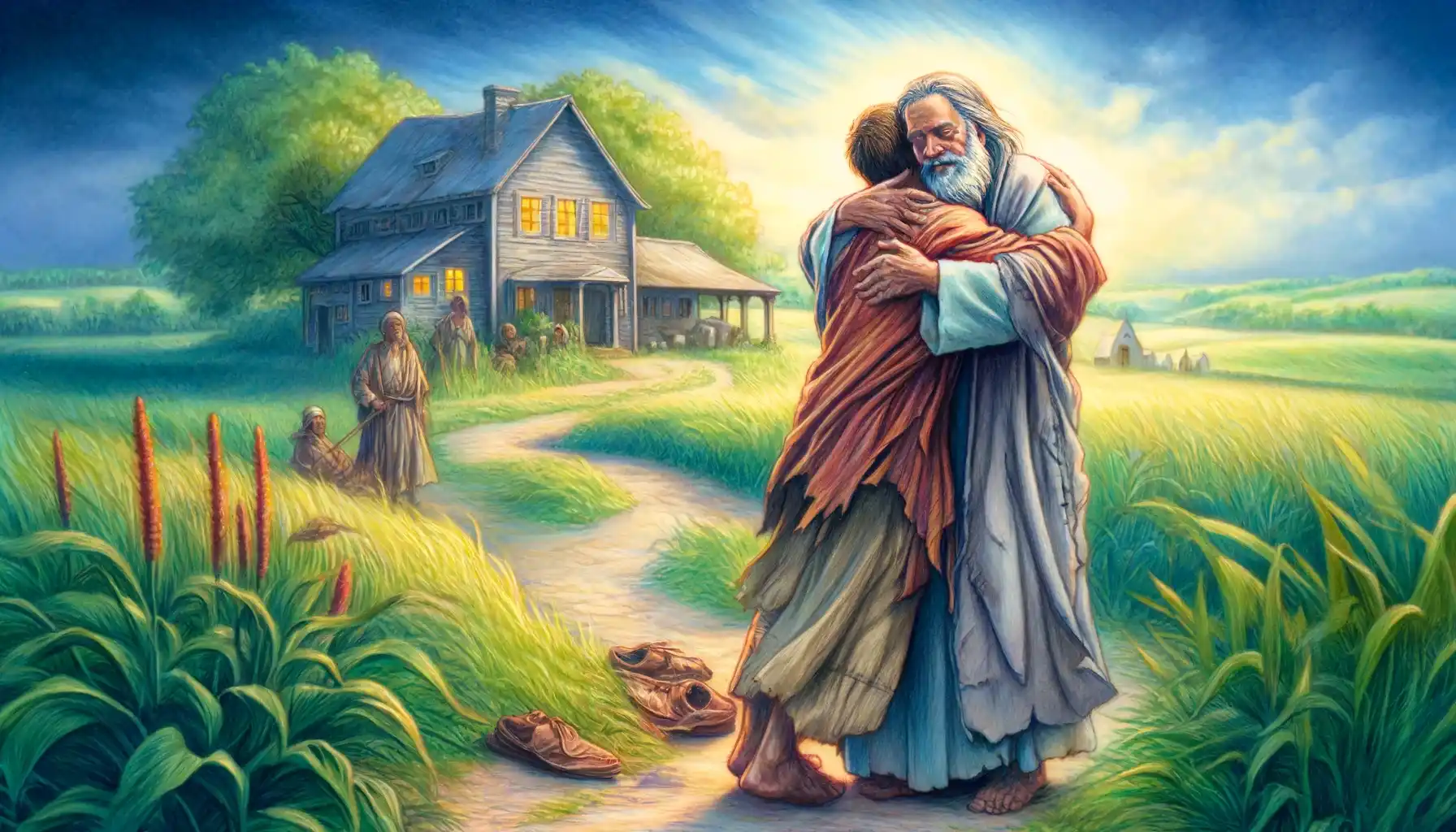he Parable of the Good Samaritan challenges listeners to extend kindness and mercy beyond conventional boundaries, defining a “neighbor” not by proximity or similarity but by need and the capacity to show compassion.
The Parable of the Yeast, as recounted in Matthew 13:33 and Luke 13:20-21, illustrates how the Kingdom of Heaven, symbolized by yeast
The Parable of the Unforgiving Servant, as told in Matthew 18:21-35, illustrates Jesus’ teaching on the necessity of boundless forgiveness, depicting a servant who, after being forgiven a massive debt by his king, refuses to forgive a minor debt owed to him by another, leading to his punishment by the king who revokes his mercy in response to the servant’s lack of compassion.
The Parable of the Laborers in the Vineyard in Matthew 20:1-16 illustrates the generosity of God’s grace, where all workers receive equal wages regardless of their start time.
The Parable of the Lost Son in Luke 15:11-32 masterfully illustrates the profound themes of repentance, divine grace, and reconciliation, portraying a father’s boundless mercy as a reflection of God’s unconditional love for sinners, and challenging the faithful to embrace forgiveness and celebrate the redemption of the lost.
The Parable of the Hidden Treasure in Matthew 13:44 vividly illustrates the supreme value of the Kingdom of Heaven, portraying a man who discovers a treasure hidden in a field and joyfully sells all that he owns to secure this priceless treasure, symbolizing the total commitment and profound joy that accompany the true recognition and acceptance of God’s Kingdom.
The Parable of the Ten Virgins in Matthew 25:1-13 serves as a compelling allegorical warning about the necessity of spiritual preparedness and vigilance, illustrating through the contrasting actions of wise and foolish virgins the critical importance of maintaining an active and sustained faith in readiness for the unpredicted timing of Christ’s Second Coming.
The Parable of the Weeds, as told by Jesus in Matthew 13:24-30, illustrates the coexistence of good and evil in the world and underscores the divine wisdom in allowing both to grow until the end of the age, when a final, just separation will occur.
The Parable of the Prodigal Son not only teaches about forgiveness but also offers a mirror to every individual’s spiritual journey, encouraging a heartfelt examination of one’s own life and actions in the light of God’s infinite mercy and love.

